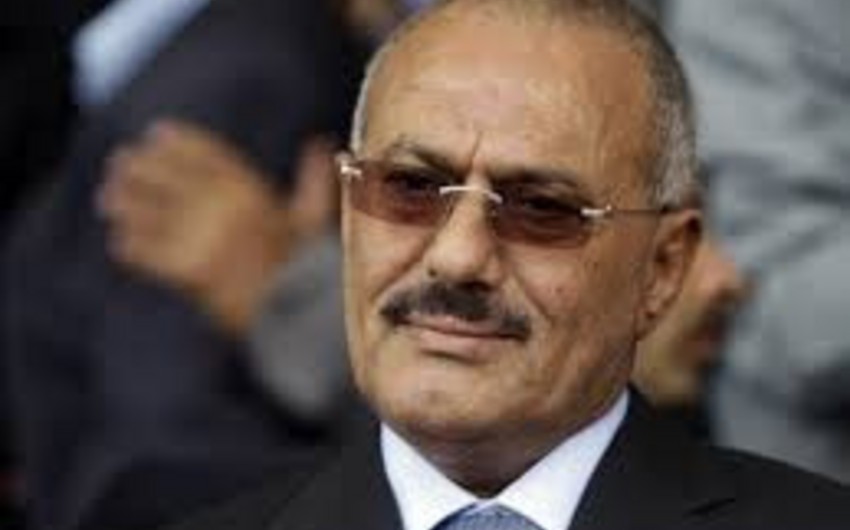Baku. 13 November. REPORT.AZ/ The wave of violent mass demonstrations, protests and civil wars known as the Arab Spring was part of an Israeli-US plan, former Yemeni President Ali Abdullah Saleh said Thursday.
"The so-called Arab Spring was a US-Israeli plan and has nothing to do with Arab people. Its aim was to spread chaos, destroy the regimes and the Arab world countries," Saleh said.
"What was called the Arab Spring is now over. It disappeared because there was nothing new in it. By and large, it only succeeded in the splitting of nations and the creation of chaos and conflicts among the citizens of one country… Just look what happened in Syria, in Libya or in Yemen," Saleh added.
The Arab Spring began in Arab countries in December 2010. While the demonstrations were mostly over by 2012, the protests escalated internal conflicts in several countries, which in turn led to regime changes. Rulers have been forced from power in Yemen, Libya, Tunisia and Egypt.
Former Yemeni President Ali Abdullah Saleh in an interview with Sputnik on Thursday said that he has no plans to lead the country again, despite the fact that he still has many supporters.
"There is no way I would agree to return to power. I have been fulfilling my duty during 33 years. I host guests, my friends and members of the General People's Congress. I do not interfere with the government's actions and public administration, I am an ordinary citizen," Saleh told Sputnik.
The former president said also that his older son Ahmed Saleh, who is currently the country's ambassador to the United Arab Emirates, is not going to run for presidency either.
"Under current circumstances, no. The situation is tense, the country is fractured, broken, the economy is weak, there are problems with security, so I don't think he would agree to be in such position," Saleh said.
In 2012, anti-government protesters in Yemen forced the autocratic president to step down after 33 years in power.


 https://static.report.az/photo/91269db8-a3ee-4087-9470-efa75f42abfb.jpg
https://static.report.az/photo/91269db8-a3ee-4087-9470-efa75f42abfb.jpg

